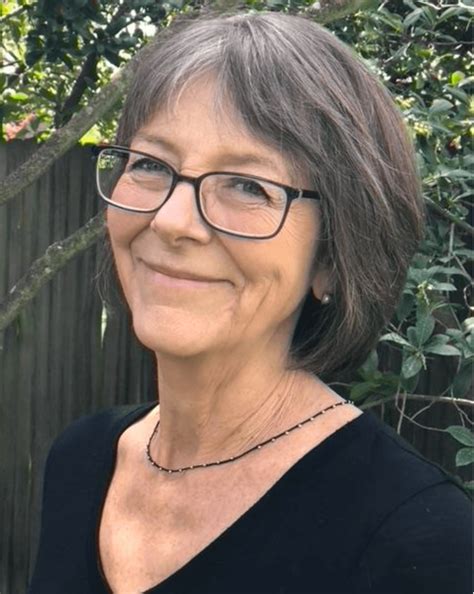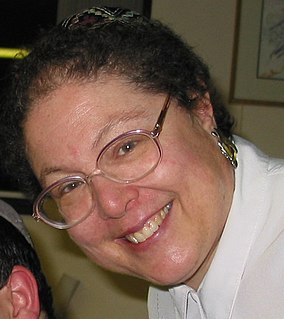A Quote by R. C. Sproul
'Economics for Everybody' begins with understanding God's principles for organizing His creation and what that means for us as creatures and stewards.
Related Quotes
Creation is thus God's presence in creatures. The Greek Orthodox theologian Philip Sherrard has written that "Creation is nothing less than the manifestation of God's hidden Being." This means that we and all other creatures live by a sanctity that is inexpressibly intimate, for to every creature, the gift of life is a portion of the breath and spirit of God. (pg. 308, Christianity and the Survival of Creation)
God build’s God’s kingdom. But God ordered this world in such a way that His own work within that world takes place through the human beings that reflect His image. That is central to the notion of being made in God’s image. He has enlisted us to act as His stewards in the project of creation. So the objection about us trying to build God’s kingdom by our own efforts, though it seems humble and pious, can actually be a way of hiding from responsibility, of keeping one’s head well down when the boss is looking for volunteers.
I don’t think God has a gender. I don’t think God hates gays or Democrats, and I don’t think you have to be Born Again to find your way to Heaven. I believe God expects us to care for one another, even those who are different. God wants us to be good stewards of this planet, and that means not wasting or violating its resources. Most of all, it means not blowing it up. Especially not in God’s name.
The annual World Day of Prayer for the Care of Creation will offer individual believers and communities a fitting opportunity to reaffirm their personal vocation to be stewards of creation, to thank God for the wonderful handiwork which he has entrusted to our care, and to implore his help for the protection of creation, as well as his pardon for the sins committed against the world in which we live.
I started in the law; and the study of law, when it precedes the study of economics, gives you a set of foundation principles about how human beings interact. Economics is very useful, and I studied economics in graduate school. But without understanding the social and organizational context of economics, it becomes a theory without any groundwork.
I cannot conceive of a personal God who would directly influence the actions of individuals, or would directly sit in judgment on creatures of his own creation. I cannot do this in spite of the fact that mechanistic causality has, to a certain extent, been placed in doubt by modern science. My religiosity consists in a humble admiration of the infinitely superior spirit that reveals itself in the little that we, with our weak and transitory understanding, can comprehend of reality. Morality is of the highest importance - but for us, not for God.
Our time on earth and our energy, intelligence, opportunities, relationships, and resources are all gifts from God that he has entrusted to our care and management. We are stewards of whatever God gives us. This concept of stewardship begins with the recognition that God is the owner of everything and everyone on earth. ... We never actually own anything during our brief stay on earth. God just loans the earth to us while we're here. It was God's property before you arrived, and God will loan it to someone else after you die.
Why pray? Evidently, God likes to be asked. God certainly does not need our wisdom or our knowledge, nor even the information contained in our prayers ("your Father knows what you need before you ask him"). But by inviting us into the partnership of creation, God also invites us into relationship. God is love, said the apostle John. God does not merely have love or feel love. God is love and cannot not love. As such, God yearns for relationship with the creatures made in his image.
You will see the mercy of God toward His creatures, how He has provided that which is required, in proper proportions, and treated all individual beings of the same species with perfect equality. ...for it is an act of great and perfect goodness that He gave us existence; and the creation of the controlling faculty in animals is a proof of His mercy towards them, as has been shown by us.
The Earth is indeed a precious gift of the Creator who, in designing its intrinsic order, has given us bearings that guide us as stewards of his creation. Precisely from within this framework, the Church considers matters concerning the environment and its protection intimately linked to the theme of integral human development.




































